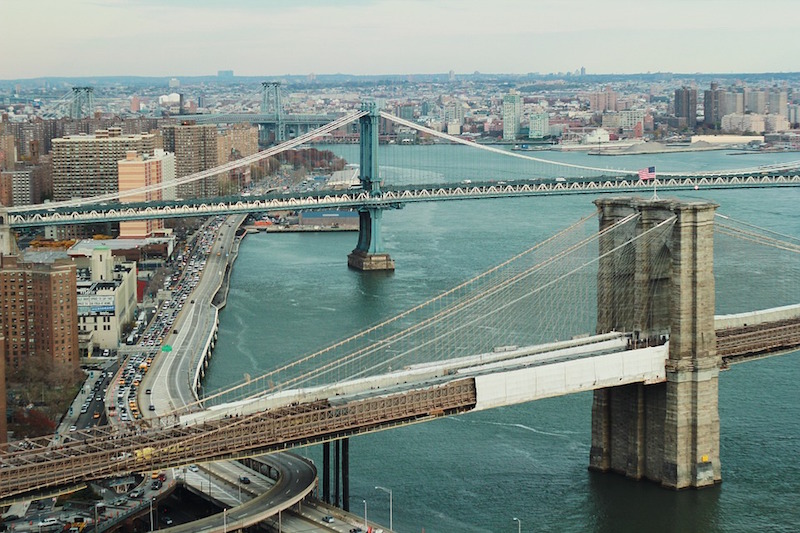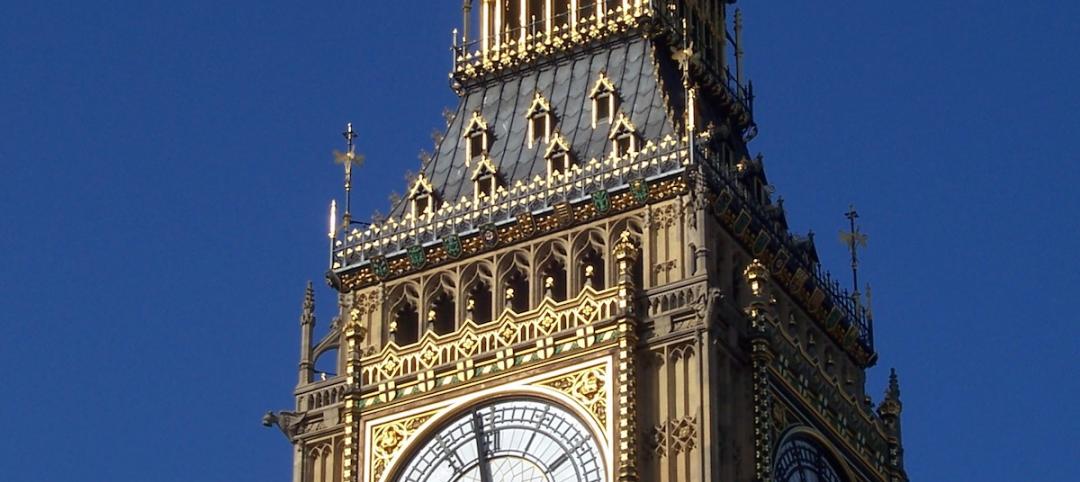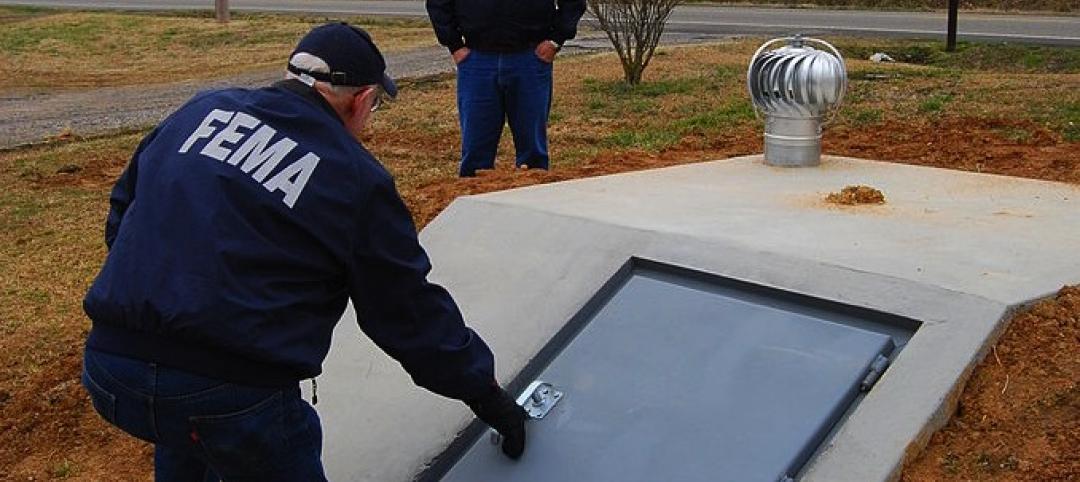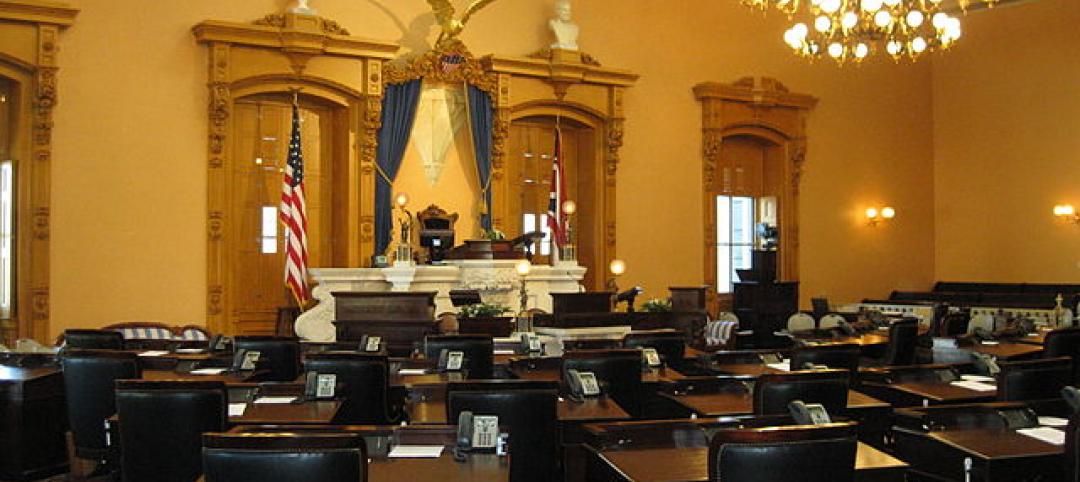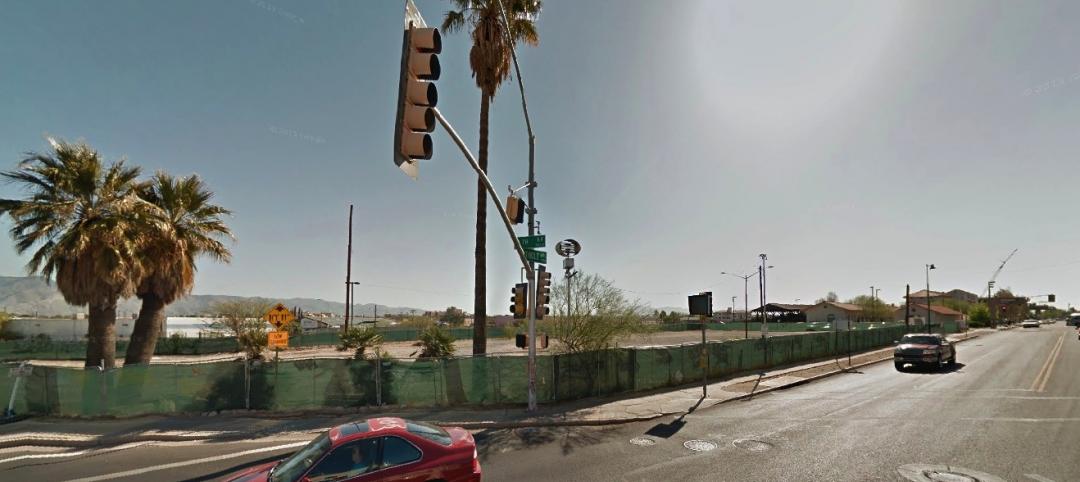The developer of a New Jersey condominium development and its architecture firm face a $10 million construction defect verdict in a case involving non-compliance with fire codes.
The Grandview I building on the Hudson River, developed by Hovnanian Enterprises’ subsidiary, K. Hovnanian and designed by RTKL New Jersey Architects, was alleged to have been built in a condition that was not compliant with fire codes. The plaintiff—the condominium association--alleges that the developer knew about the non-compliance and failed to disclose this fact with buyers.
According to the plaintiff’s attorneys, the architect designed the building with plywood subflooring and later warned the developer that to comply with code the structure would have to be reclassified from Type 2 to Type 3. The reclassification would have allowed plywood if the building’s exterior steel-with-brick-veneer walls were rebuilt with code-required masonry walls.
The building codes provide for five types of buildings, ranging from the most fire-resistant Type 1 — often a skyscraper — to Type 5, typically a wood-framed house. Defense attorneys argued that the plywood flooring was not a life-safety issue, since fire alarms and exits would allow all residents to safely vacate the building. The condo association's attorneys agreed that there was no threat to residents' lives, but that property could suffer more damage as a result of the code violation.
Related Stories
| Apr 4, 2014
Cleveland’s sewer authority to pay developers for green solutions to stormwater runoff
The district’s intent to use natural features to absorb stormwater reflects an urban trend that other cities including Philadelphia and Detroit have embraced.
| Mar 30, 2014
Solar panels on Big Ben intended to spur U.K.’s sustainability targets
Solar panels may soon be installed on the face of Big Ben in London as part of the U.K.'s initiatives to reach its greenhouse gas emissions objectives under the Climate Change Act of 2008.
| Mar 26, 2014
EPA clarifies Clean Water Act in revision that was opposed by developers
The Environmental Protection Agency recently unveiled a rule designed to define more clearly which waterways are covered by the Clean Water Act and therefore require U.S. permits for certain activities.
| Mar 26, 2014
Better Buildings Initiative leading to tens of millions of dollars in savings annually, says DOE
Facilities across the nation have been able to shave on average about 2.5% of their annual utility costs through efficiency initiatives spurred by the federal Better Buildings Initiative, according to the Department of Energy’s Maria Vargas.
| Mar 26, 2014
Univ. of Nebraska-Omaha fire could prompt building code changes
A dormitory fire at the University of Nebraska at Omaha that displaced with 42 students (but caused no injuries) could trigger local building code changes.
| Mar 26, 2014
Associated Builders and Contractors wary of federal overtime rules changes
Associated Builders and Contractors (ABC) cautioned that President Obama’s directive to the U.S. Department of Labor to change federal overtime rules could harm its members.
| Mar 19, 2014
Oklahoma City mandates safe rooms in new schools
The move will affect 24 districts that have schools inside Oklahoma City limits.
| Mar 19, 2014
Green building standards can help building become more storm-resistant
Structures built to green standards have added resilience to destructive storms because green buildings are often constructed with stronger, more sustainable materials than traditional buildings.
| Mar 19, 2014
Ohio Senate passes rule to require state agencies use ANSI standards rather than LEED
The resolution specifically mentions LEED v4, and calls for the U.S. Green Building Council to conform to ANSI.
| Mar 19, 2014
Tucson ignores ADA, building code on city-owned property
The city has been operating a downtown dirt parking lot in violation of its own code and the federal law for years.


